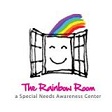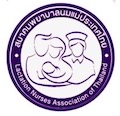
ENGLISH PAGE |
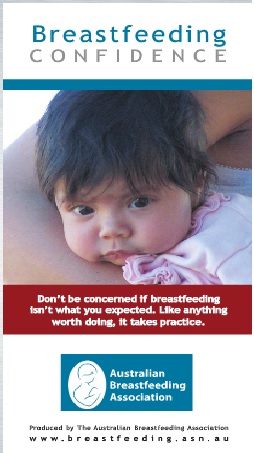 | Breastfeeding with confidence Breastfeeding with confidence booklet from Australian Breastfeeding Association http://www.printgraphics.net.au/myfiles/Breastfeeding_With_Confidence_2/index.html#/1/
|
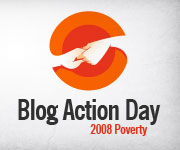 | Five Damaging Myths about Breastfeeding and Poverty From: Five Damaging Myths about Breastfeeding and Poverty by Angela White, J.D: Breastfeeding 123 Breastfeeding information support,news. Myths about Breastfeeding and Poverty 1. Myth: If a breastfeeding woman is malnourished due to poverty, she should be told to wean and be given formula for her baby. The truth is that a malnourished mother still produces sufficient breast milk, and breast milk is the perfect food for an impoverished baby who desperately needs the immune protection that breast milk provides.
2. Myth: Poor people are more likely to breastfeed... Breastfeeding rates were lower for infants in low income families. Infants who were ever breastfed was lower among infants whose families had lower income (57%) compared with infants whose families had higher income status (74%) 3. Myth: Formula is marketed only to those who can afford it. Many people boycott the formula maker in protest of its marketing practices in response to unethical, aggressive and patently harmful marketing of artificial baby milk in Third World countries who could not afford to purchase enough of the expensive artificial milk would resort to diluting it with excess amounts of water which led to infant malnutrition. UNICEF state “If all babies were fed only breastmilk for the first six months of life, the lives of an estimated 1.5 million infants would be saved every year and the health and development of millions of others would be greatly improved.” I repeat: 1.5 million innocent lives per year. 4. Myth: Breastfeeding is expensive and requires a lot of special equipment and clothing. All breastfeeding requires are mother and baby. 5. Myth: Breastfeeding only saves the cost of formula. Breastfeeding actually saves babies’ lives. It also saves the cost of additional health care expenses, lost work hours, and environmental impact. The U.S. Breastfeeding Committee’s paper on the Economic Benefits of Breastfeeding For private and government insurers, a minimum of $3.6 billion must be paid each year to treat diseases and conditions preventable by breastfeeding.
Read this article please go to http://www.breastfeeding123.com/five-damaging-myths-about-breastfeeding-and-poverty/
|
 | Support us by shopping here You can help support us by shopping from our store here birthababyshop If you want to buy Baby Sling please go here Want to buy Sling |
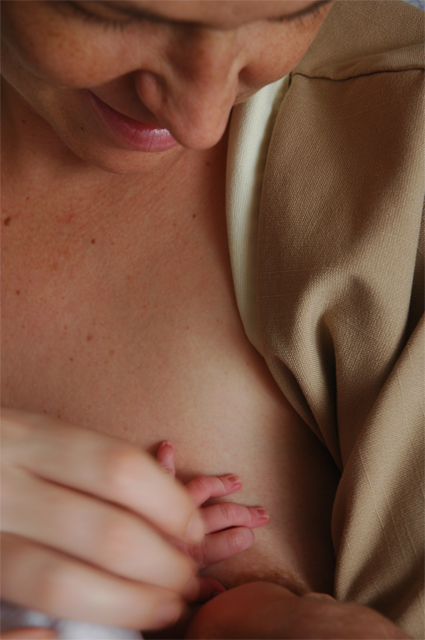 | Breastfeeding Bangkok For english information Breastfeeding Bangkok blog will keep you up to date. |
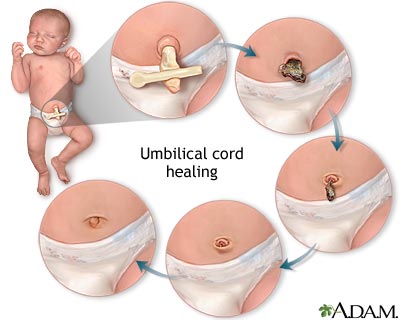 | evidential of harmful effects of immediate cord clamping /positive effects of not doing Evidential of harmful effects of immediate cord clamping /positive effects of not doing Delayed cord clampling in preterm infants delivered at 34-36 weeks' gestation.Immediate clamping umbilical cord should be discouraged.In some study said,this procedure has been to be safe and should be implemented to increase neonatal iron storage at birth.More information can read atwww.birthababy.com/index.php
|
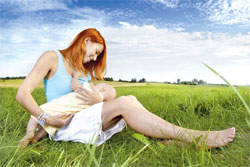 | Maternal support Maternal support Going for the gold : SIRIPATANA SIRITANARATKUL : My Life www.bangkokpost.com
'Mother Support: Going for the Gold" is the theme of this year's World Breastfeeding Week, being held this week in 120 countries, as it coincides with the Olympic Games in Beijing. As multinational athletes compete for gold medals, breastfeeding enthusiasts around the world encourage society to support breastfeeding mothers so that our children can "go for the gold" in their lives by achieving their full potential. Breastfeeding is the best start in every child's life as it is the "gold standard" of infant feeding. Basically, mothers should breastfeed their children exclusively for six months and give appropriate complementary foods, and continue to breastfeed until the child is two years old. Dr Ruth A Lawrence, medical director, Breastfeeding and Human Lactation Study Centre, University of Rochester, says, "Every newborn should be breastfed as this would provide the best nutrition, the greatest infection protection, the most illness prevention, and the greatest food security and psychological protection for the infant."
|
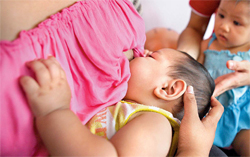 | When breast is best
When breast is best Discussing the merits of breast feeding on National Mother's Day, today
"In the first six months of life, there is nothing more important that a mother can do for her child than exclusively breastfeed," said Dr Sopon Mekthon, deputy director-general of the Department of Health, Ministry of Public Health. "Breast milk is a free and natural gift she should provide to ensure her baby's health." |
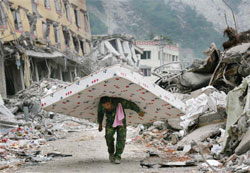 | The importance of breast milk The importance of breast milk Message from the China earthquake: SIRIPATANA SIRITANARATKUL : My Life www.bangkokpost.com My friends on the cyber community of http://www.thaibreastfeeding.org/ posted messages about miracles and human bravery following the recent earthquake in China. This is what I imagine might have happened on May 12, the day of catastrophe, when a major earthquake struck Sichuan province. The story begins like this: In the residential area of Duijanyan, a young mother was holding her three-month-old baby girl when the building started to shake violently and began to fall crumble. To protect her precious little girl, she knelt down, pinning her head and hands on the ground providing a space just enough for her baby to suck milk from her breast. When all the chaos stopped, both were trapped but the mother's body gave her daughter warmth and her milk gave her water and energy during the time before rescuers found her - 24 hours after the quake. |
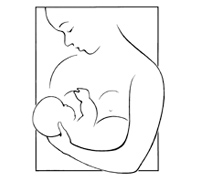 | Why breastfeeding right after birth is important? The best milk Healthy milk, healthy baby:SIRIPATANA SIRITANARATKUL:My Life www.bangkokpost.com The advantages of breastfeeding have long been established since the Roman civilisation, where breastfeeding was highly valued.
Two Greek physicians wrote about the duration of breastfeeding in ancient textbooks. Soranus first suggested that infants should be breastfed until "their complete set of teeth have grown", while Galen recommended breastfeeding until the age of three.
Breast milk provides infants with nutrition and protection against infections. So, it is natural that children in ancient times were breastfed until they were two to three years old.
Although nowadays the benefits of breastfeeding still exceed all other forms of milk, modern mothers tend to breastfeed their children for a short period of time. The main reason is that mothers have to go back to work after maternity leave. |
|
1 | [Go to top] |






